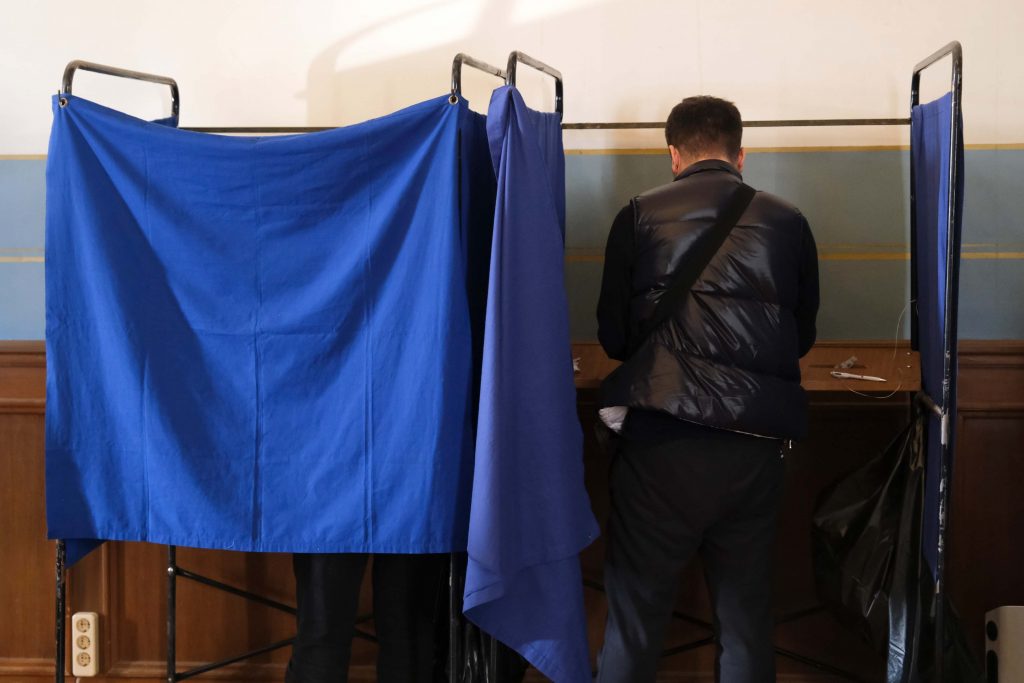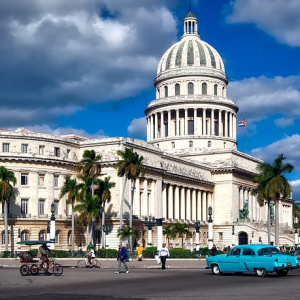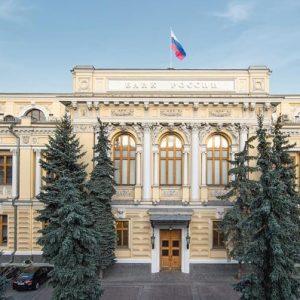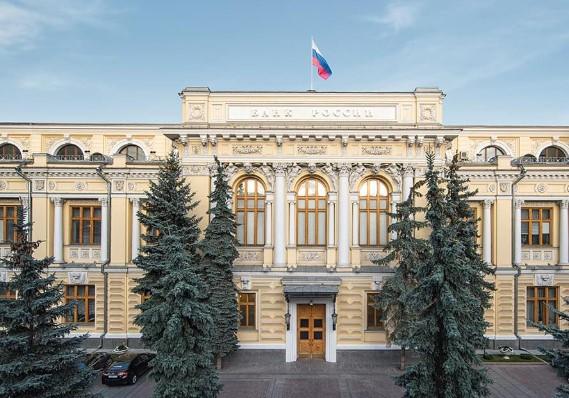Given a reason (the Government’s proposal regarding the possibility of voting for Greeks abroad) and an existing reason (the long-term application of the Constitution), I would like to submit some thoughts as a citizen without special legal knowledge.
Therefore, according to Article 1.3 of the Constitution of Greece “All powers emanate from the People, exist in favor of them and the Nation and are exercised as prescribed by the Constitution”. The source of power is the people and their power is exercised through their representatives, i.e. the deputies elected every four years. The people consist of the citizens of the Greek state, who have Greek citizenship and who have the possibility of exercising political rights, as defined by the Constitution. The nation includes nationals of various states of common historical, linguistic and generally cultural origin, e.g. the citizens of Greece, the Greeks of Cyprus, the Greeks of the Diaspora are considered to belong to the Greek nation, even though they have citizenships of other states.
Those citizens of the Greek state who are registered in the electoral rolls, therefore have the right to vote, “as the law stipulates, elect the deputies by direct, universal and secret ballot” (Article 51.3). “The law cannot limit the right to vote except if the minimum age limit has not been met or for legal incapacity or as a consequence of an irrevocable criminal conviction for certain crimes” is defined in the continuation of the same Article. In short, Greek citizens, apart from the aforementioned exceptions, enjoy the same rights regardless of their place of residence, so on election day they are entitled to vote, whether they are in Greece or abroad.
Let’s add to the aforementioned Article 25.1: “The rights of man as an individual and as a member of society and the principle of the social rule of law are guaranteed by the State. All state institutions are required to ensure their unhindered and effective exercise.” The interpretation of a citizen of this country: the combination of all the above should already have resulted in the “unimpeded and effective exercise” of the right to vote regardless of place of residence. And yet: the years went by, many states, from Germany, Turkey to Colombia, found legal and constitutional ways to serve their citizens living outside their territory, offering them the opportunity to vote wherever they were. Greece, however, is “in a mess”.
We have reached the 21st century and with the constitutional revision of 2001, another paragraph was added to Article 51 (51.4) with the aim of facilitating Greeks living abroad in the exercise of their rights, but which would have to be voted by a 2/3 majority of the Greek Parliament. The sport of consensus is difficult in our country. And so with these and with these we had to reach 2019 and pass a law, which due to the necessary compromise for the majority of 2/3 only with a lot of imagination reminded of “All powers come from the People, they exist in favor of them”. The good news: Greeks abroad voted for the first time. The bad and the ugly: 25,610 Greek citizens “managed” to register on the electoral rolls abroad.
Let us hope that, after two centuries of parliamentary democracy and having entered the age of artificial intelligence, some of the three hundred representatives of the Greek people will manage to escape from the inclination towards the past and from the, literally, petty party interests and to actually honor, even if belatedly, the concept of being progressive, carrying out their duty, as defined by the Constitution, giving the real possibility exercising the right to vote of our fellow citizens abroad. Unless they aim to increase consumption, thus also the Gross Domestic Product (GDP), forcing Greek citizens to take the plane to come to Greece, where they are entitled to vote. There is no reason to go back to the shameful days of “indigenous” and “heterogeneous”. The great majority of Greek citizens demand the implementation of the spirit of the Constitution.
Since we mentioned the right to vote, let’s continue our “stroll” through the Constitution towards the elections, which should be held every four years, as Article 53.1 expressly states: “Deputies are elected for four consecutive years starting from the day of the general elections. As soon as the parliamentary term ends, … it is ordered that general parliamentary elections be held within thirty days…”. However, the Constitution provides for two exceptions to the holding of early elections, specifically in one case according to which the government loses its mandate e.g. due to the loss of the declared or due to a scandal and in the other case in which the President of the Republic dissolves the Parliament at the proposal of the Government, i.e. the Prime Minister, in order to address a national issue of exceptional importance, as stated in Article 41.2: “The President of the Republic dissolves the Parliament at the proposal of the Government that has received a vote of confidence, for the renewal of the popular mandate in order to address a national issue of exceptional importance”.
How many times in the past do you remember when there was a specific national issue of extreme importance, which forced the Prime Minister to propose to the President of the Republic the dissolution of the Parliament and the holding of early elections, as stipulated by the Constitution? Which President, by the way, does not even control the criticality of the issue. On the contrary, how many times do we hear about the exclusive privilege of the respective prime minister to decide to hold early elections and where does this privilege come from? And how many times have we heard the official opposition leader calling for early elections? Result: from the Post-junta period until today, only three governments have held elections on time: N.D. 1977-1981, PASOK 1985-1989, PASOK 2000-2004.
Has the time come to observe the rule of the Constitution in this case as well, i.e. the four years and not the exception? It has nothing to do with formality, but with deep respect for democracy and the institutions, which have protected it since ancient times. “For lawmakers enact laws that habituate citizens make them better,” says Aristotle in his Nicomachean Ethics. Legislators make their citizens better by training them to acquire these particular habits. Today’s politicians – parliamentarians, what we often call the State, should have the goal, through the laws they pass, to get the citizens addicted to obeying the laws. And indeed, if possible, citizens should not be forced to obey the laws to avoid some punishment, but to follow them consciously.
Let our elected representatives embrace it and implement the spirit and the letter of the Constitution, led by the respective prime minister, who will “renounce his exclusive privilege” of holding early elections, so that even the official opposition leader will not be tempted to invoke them. And the journalists, instead of betting on the date of the early elections, should be the first, who, in the case of relevant leaks, to criticize it and make the corresponding criticism. And the citizens, in turn, should know that those they vote for, they will manage in the next four years.
In this way, the political leadership of the country, respecting the institutions and observing the Constitution, will set a good example to the citizens, who in turn will begin to operate with less selfishness regarding the institutions, which in the long run will result in the reduction of the perennial relationship of suspicion, mistrust and lack of trust between the citizen and the state. The examples of the digital process of vaccination against Covid and the services provided by the digital state to citizens show the way to restoring the relationship of trust between the state and citizens, a relationship based on both mutual respect and respect for institutions and necessary for the orderly and efficient functioning of a modern state. Exactly as defined by the Constitution, which, in Article 2, places man at the center of social coexistence and states: “respect and protection of the value of man are the primary obligation of the State”. This fundamental provision enshrines the supreme value of the human being and obliges the State to respect and protect it.
The Constitution does not consist of a series of laws, but is the supreme law of the State and directly affects our social coexistence. As in other countries, so in Greece it was the result of citizens’ struggles with the aim of establishing and consolidating freedom, equality and justice with the corresponding rights, but also obligations. As stated by Professor Ar. Hatzis in his article in KATHIMERINI (29/12/19): “Since January 1822, the Greeks are not only fighting for their national independence but also for the political freedom that this first Constitution guarantees”. Continuing with the rebellion of September 3, 1844 against King Otto, which demanded and resulted in the concession of the Constitution of 1844, we reached the politically charged decade of the 1960s, during which the iconic slogan 1-1-4 put its indelible stamp on the movement’s struggles to preserve democracy. What was 114? The penultimate article of the then current Constitution of 1952. And what did it say? “The observance of the present Constitution is dedicated to the patriotism of the Greeks”, as stated in Article 120 (Last provision) of the current Constitution.
Honoring and respecting all those who fought for the establishment and observance of the Constitution, so that today we enjoy freedom and democracy, considering them self-evident, let us firstly respect the constitutionally guaranteed right to vote of Greeks abroad and make it easier for them to vote in their place of residence without “ifs and buts”, but also to observe the four-year parliamentary term thereafter. For what reason; “All powers emanate from the People, exist in favor of them and the Nation and are exercised as prescribed by the Constitution.”
Giannis Gousis, business consultant














![Δημόσιο Χρέος: Γιατί «κατεβάζει» την παραγωγικότητα στην Ελλάδα [γραφήματα]](https://www.ot.gr/wp-content/uploads/2025/12/debt.jpg)


























